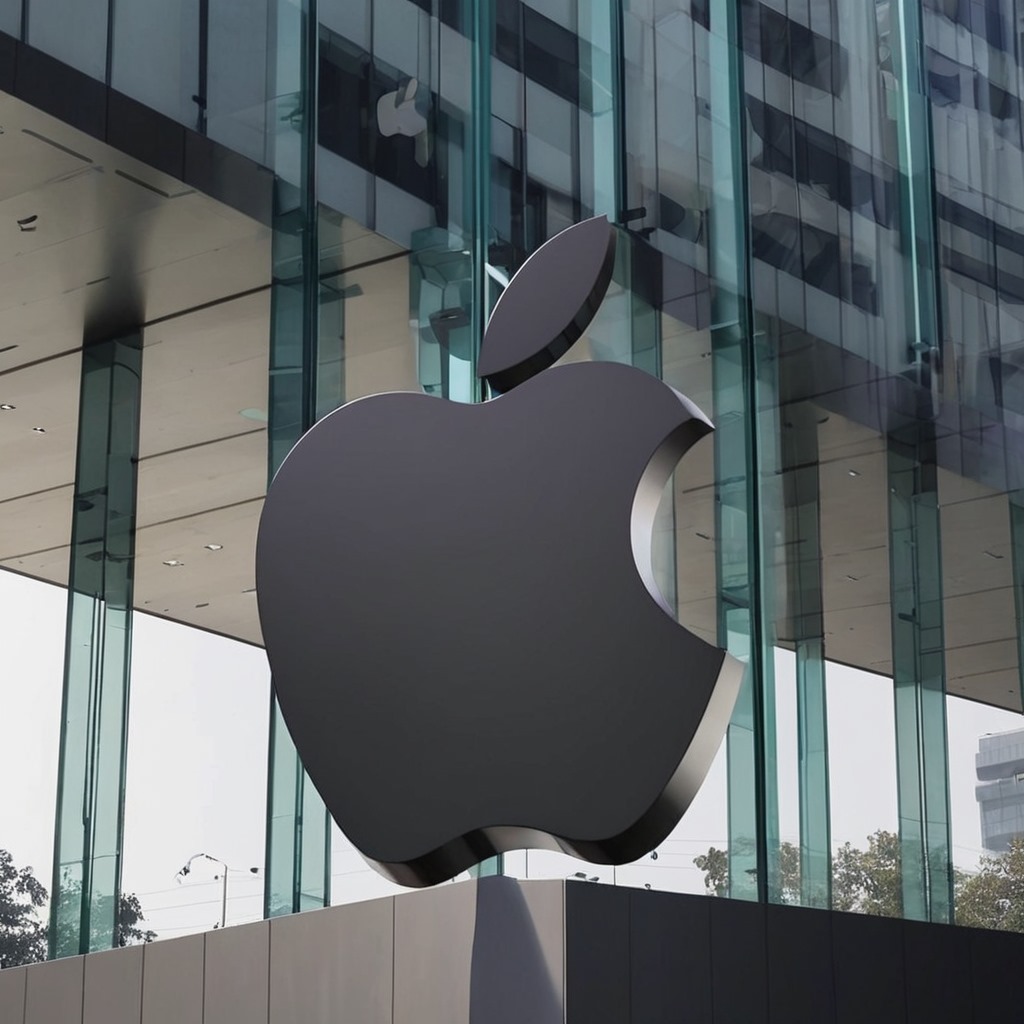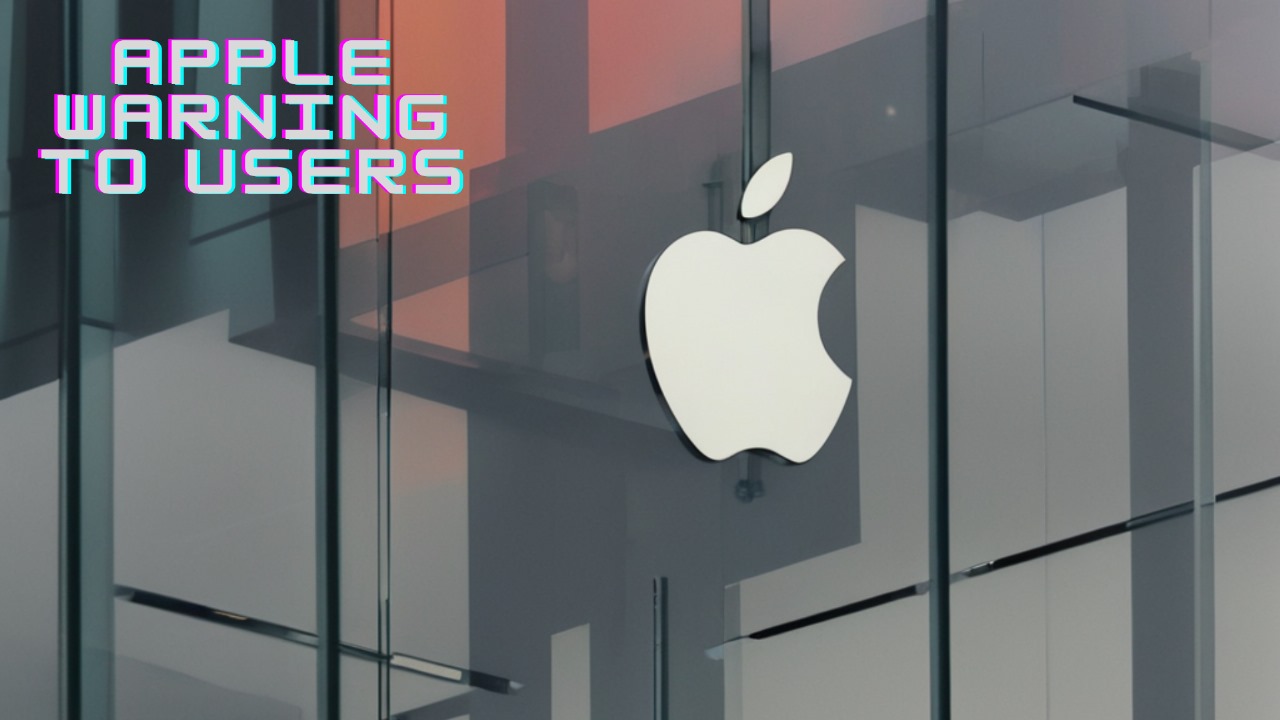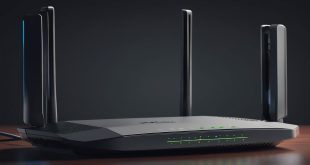Apple has warned users in India and 91 other countries about a serious security breach in a recent revelation that has shocked the tech community. A highly sophisticated spyware program that targets people via their Apple devices has been detected, and the tech giant has issued a warning about it. This attack which was planned by a mysterious mercenary organization emphasizes how crucial cybersecurity precautions and user privacy protection are in a world where technology is permeating every aspect of daily life.
Pegasus is a type of spyware that uses weaknesses in Apples operating systems to access private information stored on iPhones iPads and Mac computers. This poses a serious risk to peoples security and privacy. This malware was created by the Israeli cyberintelligence company NSO Group and has been used to spy on people of interest in a number of different countries. Without the owner of the devices knowledge or consent it can be used to remotely activate device functions intercept communications and access personal data. Such a breach has serious ramifications especially in nations like India where regulations governing digital privacy are still developing.
The potential consequences of unapproved surveillance are enormous given that a sizable segment of the populace depends on Apple products for personal professional and communication purposes. Sensitive information may end up in the wrong hands which puts national security at risk in addition to jeopardizing individual privacy.
The Pegasus spyware attack draws attention to the moral conundrums that arise when private companies develop and employ surveillance technologies. Although NSO Group asserts that the products are meant to be used lawfully in the fight against terrorism and crime the improper use of these instruments for illegal surveillance highlights the need for more control and regulation. The spread of spyware directly jeopardizes democratic values and civil liberties by eroding individual freedoms and eroding public confidence in technology.

In response to the Pegasus spyware attack Apple acted quickly and decisively advising users to update their devices right away in order to patch the security flaws that the spyware took advantage of. Apple has demonstrated that it is committed to safeguarding user privacy and upholding the integrity of its ecosystem by providing software updates to fix found flaws. The efficacy of these measures is contingent upon user awareness and adherence to recommended security protocols. Because of this security breach users are recommended to use caution when downloading apps opening links that seem dubious or accessing private data on their devices. Using trustworthy antivirus software and performing regular software updates can help fortify defences against possible attacks.
Furthermore, in order to hold those involved in illegal surveillance activities accountable it is crucial to advocate for stricter privacy laws and oversight procedures. The Pegasus malware attack highlights the necessity of international collaboration in tackling cybersecurity issues. Governments tech companies and civil society organizations must work together to combat malicious activities in the digital sphere because cyber threats are global in scope.
A safer and more secure cyberspace for all can be achieved by stakeholders working together to share intelligence, coordinate responses and promote dialogue. The episode also emphasizes the significance of accountability and openness of the creation and application of surveillance technologies. It is imperative that both public and private organizations uphold moral principles and honor basic human rights such as the freedom of speech and privacy. To guarantee that surveillance operations are carried out legally and with the necessary safeguards in place to prevent abuse oversight mechanisms should be put in place.
In conclusion:
As a result, it is imperative that cybersecurity and privacy safeguards be strengthened immediately. The Pegasus spyware attack which was directed at Apple users in India and 91 other countries is a signal for this. Our efforts to prevent hostile actors from using vulnerabilities for spying and espionage must also progress along with technology. We can work to build a digital environment that is secure safe and considerate of personal privacy by working together being innovative and maintaining fundamental rights.



